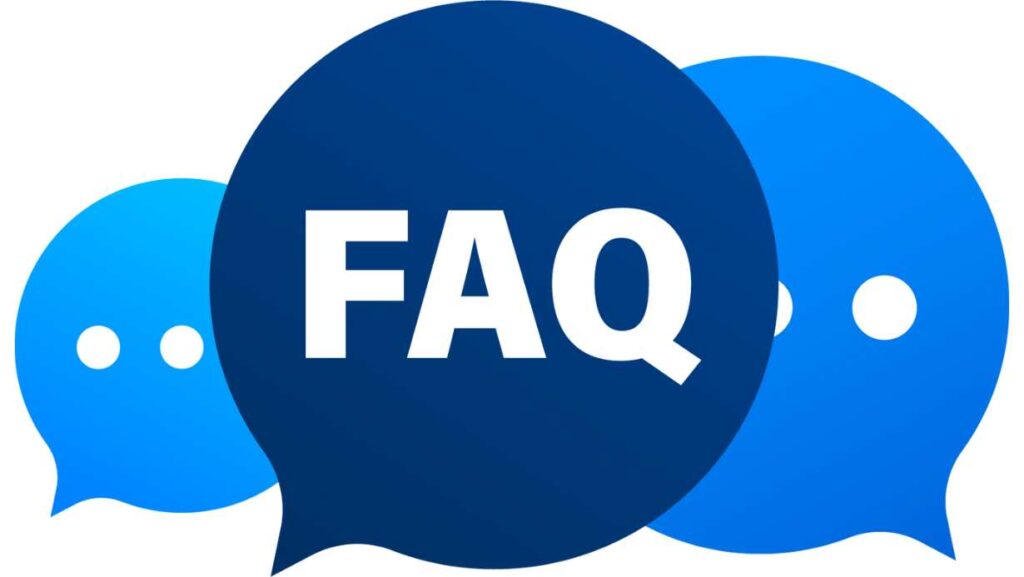The way we discover and interact with music has transformed dramatically in today’s world. Gone are the days of manually sifting through album covers and liner notes to find song details. With the advent of artificial intelligence (AI), particularly an AI chatbot that finds metadata for songs, accessing comprehensive song metadata has become more intuitive and efficient.
Understanding Song Metadata
Before diving into the role of AI chatbots, it’s essential to grasp what song metadata entails. Metadata refers to the embedded information within a music file that provides details about the track. This includes:
- Title: The name of the song.
- Artist: The performer or band.
- Album: The collection to which the song belongs.
- Genre: The style or category of music.
- Release Date: When the song was published.
- Track Number: Its position on the album.
- Composer: The individual who wrote the song.
- Lyrics: The words sung in the track.
This metadata enhances the listening experience by providing context and aiding in the organization and discovery of music.
Top 3 AI Chatbots for Music Metadata in 2025
Let’s explore three leading AI chatbots, including an AI chatbot that finds metadata for songs, that have made significant strides in music metadata retrieval this year.
1. Cyanite
Cyanite is an AI-driven platform that focuses on music tagging and similarity search. It offers several notable features:
- Auto-Descriptions: Generates descriptive narratives that capture a song’s essence and mood in natural language, aiding in music placement and discovery.
- Similarity Search: Allows users to input a reference song and discover similar tracks by analyzing factors like sound, vibe, and era. Users can further filter results by genre, BPM, voice, and more.
- Free Text Search: Enables intuitive music discovery through user-generated prompts, translating detailed descriptions into relevant song suggestions.
These features make Cyanite a powerful tool for music professionals seeking to organize and explore music catalogs efficiently.
2. Beatoven.ai
Beatoven.ai is an AI music generator tailored for content creators. It stands out with its:
- Text-to-Music Generation: Allows users to create original, royalty-free background music for various content formats, including videos, podcasts, and games, using text prompts.
- AI Music Search API: Integrates with existing music libraries to enable free text search, moving beyond traditional tag-based searches and allowing users to express their music needs in detailed prompts.
This platform is particularly beneficial for creators looking to produce unique music content without the constraints of traditional search methods.
3. Harmix
Harmix offers a comprehensive AI music search experience with multiple search options:
- Prompt-Based Search: Users can describe a scenario or mood, and Harmix suggests suitable tracks.
- Similarity Search: By providing a reference track, users can find songs with a similar vibe.
- Lyrics-Based Search: Allows users to input specific keywords from song lyrics to locate desired tracks.
- Video Search: Users can upload a video, and Harmix analyzes it to recommend appropriate songs.
These diverse search modes make Harmix a versatile tool for users seeking music that fits specific contexts or themes.
The Emergence of AI Chatbots in Music
AI chatbots are sophisticated programs designed to simulate human conversation. In the music industry, they’ve been integrated into platforms to assist users in navigating vast music libraries, discovering new tracks, and retrieving detailed song information. By leveraging natural language processing (NLP), these chatbots understand and respond to user queries in a conversational manner.
AI Chatbots for Song Metadata Retrieval

In 2025, AI chatbots have become indispensable tools for music enthusiasts seeking song metadata. By simply typing or speaking a query, users can obtain comprehensive details about a track. For instance, asking, “Who wrote the song ‘Imagine’?” would prompt the chatbot to provide information about John Lennon and the song’s background.
Key Features of Advanced AI Music Chatbots
Modern AI music chatbots boast several advanced features:
- Natural Language Processing Capabilities: They comprehend and interpret user queries, even those phrased colloquially.
- Real-Time Metadata Updates: Access to the latest song information ensures users receive current data.
- Personalized User Interactions: They learn from user preferences to offer tailored recommendations and information.
The Technology Behind AI Music Chatbots
These chatbots utilize machine learning algorithms trained on vast datasets of music and metadata. By analyzing patterns and relationships within this data, they can provide accurate and relevant information to users. Integration with extensive music databases ensures they have access to a comprehensive library of songs and their associated metadata.
Challenges in Implementing AI for Music Metadata
Despite their advantages, implementing AI for music metadata retrieval presents challenges:
- Data Accuracy and Reliability: Ensuring the metadata is correct and up-to-date is crucial.
- Handling Diverse Music Libraries: Managing vast and varied music collections requires sophisticated algorithms and extensive data.
The Impact of AI Chatbots on Music Consumption
AI chatbots have transformed how listeners interact with music:
- Enhancing User Experience: Providing instant access to song details enriches the listening experience.
- Influencing Music Discovery and Trends: Personalized recommendations guide users to new genres and artists, shaping listening habits.
Privacy and Ethical Considerations
As AI chatbots become more integrated into our music experiences, it’s crucial to address privacy and ethical concerns. These chatbots often collect user data to personalize interactions, which raises questions about data security and user consent. Ensuring that user information is handled responsibly and transparently is paramount. Moreover, the ethical use of AI in music, such as respecting artists’ rights and avoiding the spread of misinformation, must be prioritized.
Future Trends in AI and Music Metadata
Looking ahead, AI chatbots are poised to offer even more advanced features. Predictive analytics could anticipate user preferences, suggesting songs before users even think to search for them. Enhanced personalization will allow for more tailored music experiences, adapting to individual tastes and moods in real-time. The integration of AI with other emerging technologies, such as augmented reality, could further revolutionize how we discover and interact with music.
User Experiences and Testimonials
Many users have reported positive experiences with AI music chatbots. For instance, a music enthusiast shared how an AI chatbot introduced them to a new genre they had never explored, enriching their musical journey. Another user appreciated the convenience of obtaining song details instantly, enhancing their understanding and appreciation of the music they love.
Comparing AI Chatbots to Traditional Metadata Retrieval
Traditional methods of retrieving song metadata often involve manual searches or relying on static databases. In contrast, AI chatbots offer dynamic, real-time access to information, making the process more efficient and user-friendly. The conversational nature of chatbots also provides a more engaging experience, allowing users to ask follow-up questions and delve deeper into the music’s background.
How to Choose the Right AI Music Chatbot
When selecting an AI music chatbot, consider the following factors:
- Compatibility: Ensure the chatbot integrates seamlessly with your preferred music platforms.
- Features: Look for functionalities that align with your needs, such as personalized recommendations or detailed metadata retrieval.
- User Interface: A user-friendly interface enhances the overall experience.
- Privacy Policies: Review how your data will be used and stored to ensure your privacy is protected.
By evaluating these aspects, you can choose a chatbot that best enhances your music discovery and listening experience.
Conclusion
In 2025, AI chatbots have revolutionized the way we access and interact with song metadata. They offer efficient, personalized, and engaging ways to explore music, enhancing our listening experiences. As technology continues to evolve, embracing these tools can lead to even richer and more immersive musical journeys.
FAQs

What is song metadata?
Song metadata includes information such as the title, artist, album, genre, release date, and lyrics of a track.
How do AI chatbots retrieve song metadata?
AI chatbots access extensive music databases and use natural language processing to understand user queries and provide relevant information.
Are AI music chatbots free to use?
Many AI music chatbots offer free versions, though some may have premium features requiring payment.
Can AI chatbots recommend new music?
Yes, many AI chatbots can suggest new songs or artists based on your listening history and preferences.
How do AI chatbots ensure user privacy?
Reputable AI chatbots implement strict data privacy measures, but it’s essential to review their privacy policies to understand how your data is handled.
See Also: Best 12 AI Code Assistant Tools: Unlock Future Coding!










